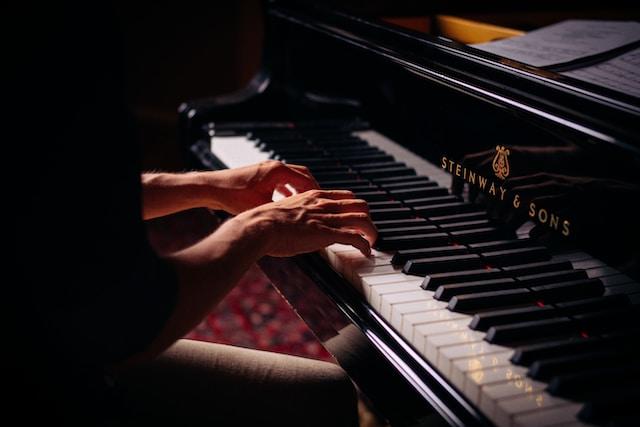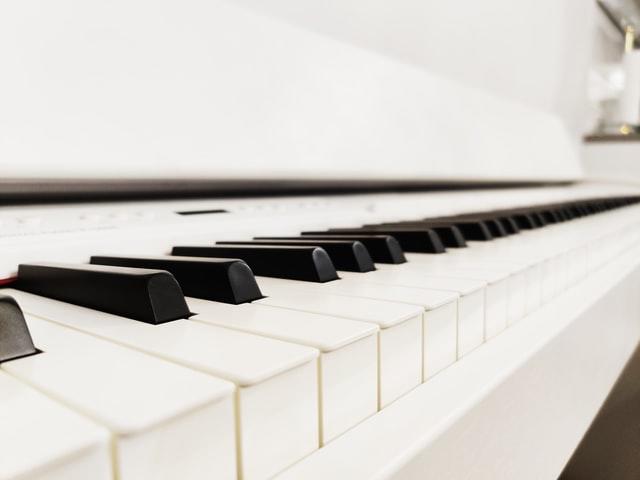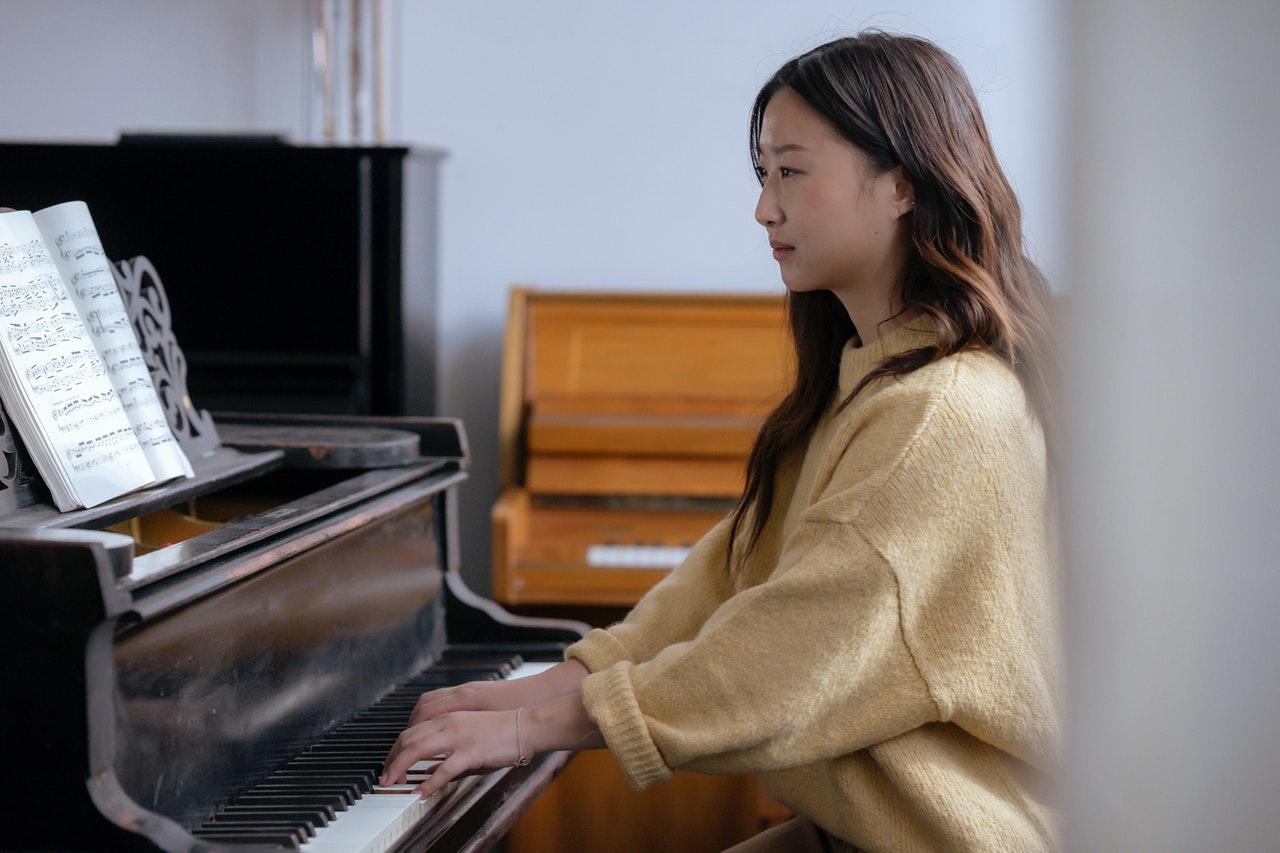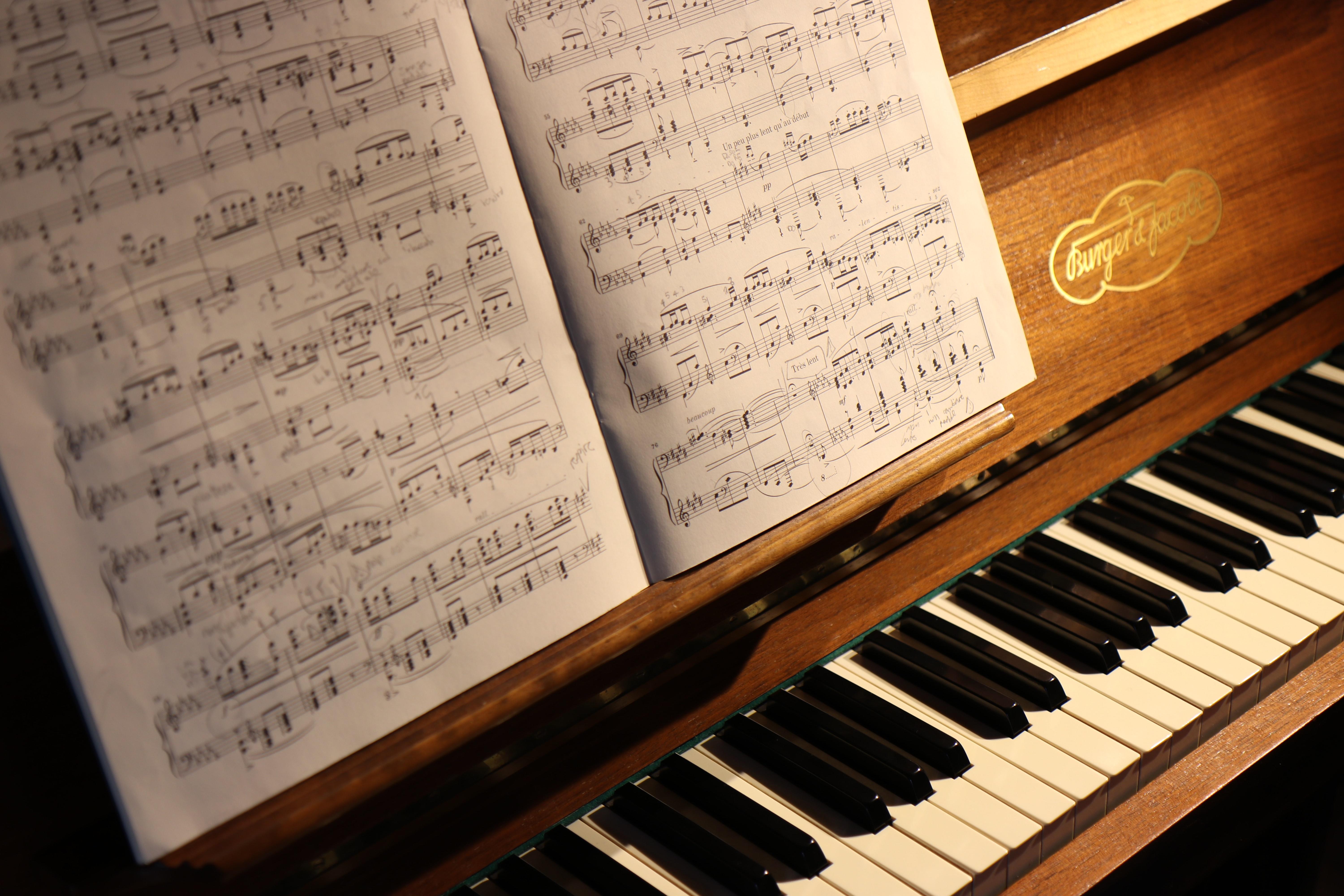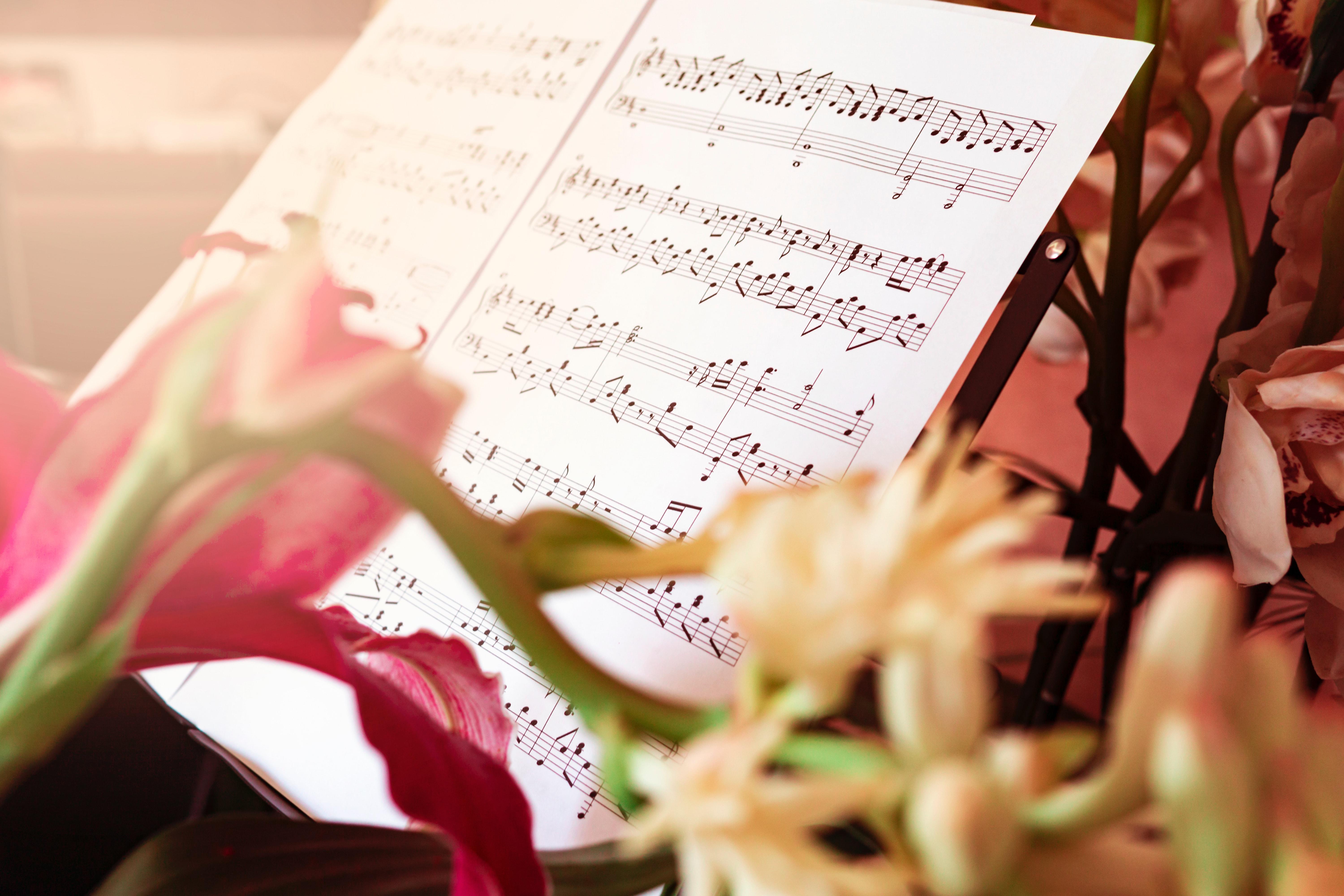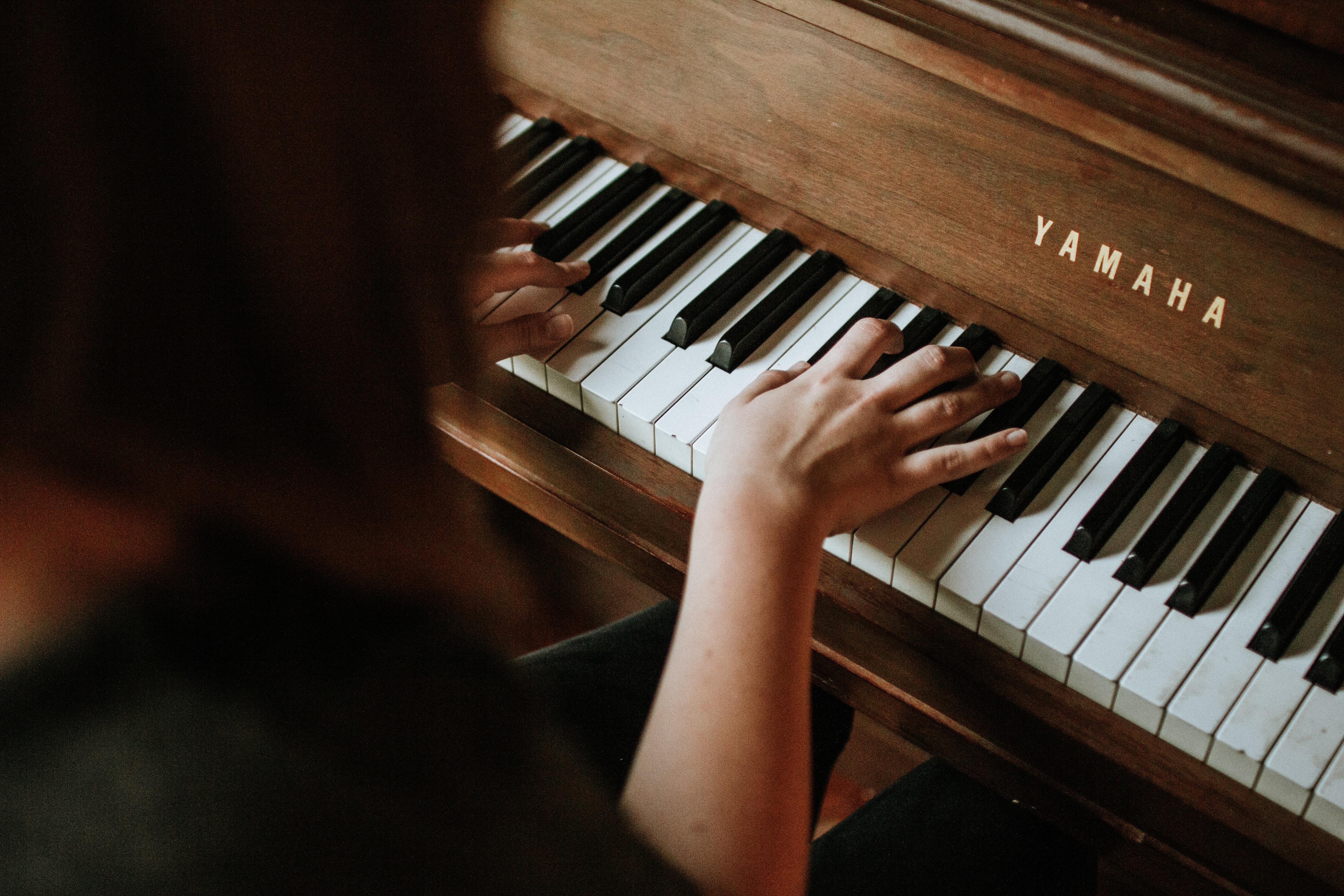When it comes to playing the piano, there are two main approaches /music styles that are usually adopted by pianists. It's a constant battle between classical and contemporary music.
Some pianists prefer to adhere to the conventional classical pieces throughout their music career while some of us may want to explore a more modern music genre like jazz piano.
The truth is, there's no right or wrong but only a matter of preference in this discussion. After all, both styles can be wonderfully expressed through the piano.
In this article, we'll be discussing how the right piano lessons can help you to be a good pianist one day.

Classical Music vs Contemporary Music, Which Suits You Better?
Whether you are planning to take piano lessons for examinations, or solely learning the piano as a hobby, it's worth knowing the major differences between these two music styles.
Classical Music
- Pianists trained in this approach pay attention to their music reading skills (sight-reading).
- The performance repertoire is mostly limited to classical pieces while retaining the original technical musicality.
- Pianists under this category usually have gone through the ABRSM piano examination system.
Contemporary Music
- Pianists trained in this approach are more likely to master the skill of playing by ear.
- The performance repertoire is more open to different interpretations of various song genres with a modern twist.
- Pianists under this category may/may have not gone through the ABRSM piano examination system.
Learn more about the age factor when it comes to acquiring the skill to play the piano effectively.
What Are The Advantages Of Learning Piano At An Early Age?
As you pass by any music school, we guarantee that you'll notice this trend.
Young kids walking alongside their parents whenever their lessons end.
It's no secret that many parents prefer to send their kids for piano lessons even when they're still attending pre-school.
Here are 3 great benefits of receiving formal piano education during your early childhood.
Benefit 1: Improve brain development
Research has shown that children who are exposed to piano learning before the age of seven will show better brain development when it comes to learning new languages and performing critical decisions as they grow older.
This will be a great boost in the child's life throughout their primary and secondary schooling years in terms of attention and memory retention and also help them to be better at expressing themselves through language and music.

Source: Xframe
Benefit 2: Develop soft skills
Learning the piano is not solely about mastering all the fingering techniques, successfully playing fancy pieces and memorising all the relevant music theory knowledge.
During the whole process, the learner not only needs to show patience to learn, display self-discipline to practice the pieces on a regular basis in order to improve and also regulate their stress level when they are preparing for official piano exams like ABRSM.
In short, learning the piano not only helps to enhance your IQ but also your emotional intelligence in the long run too!
Benefit 3: Set a strong foundation for a potential career in music later
This is perhaps the most relatable benefit to our topic today.
Granted that there are a total of eight grades in the ABRSM piano syllabus, this means you'll spend at least 8 years mastering all the grades before you take a music-related degree after you complete your secondary education in Malaysia.
Let's say you start to learn piano at the age of 5, you would probably finish taking your Grade 8 ABRSM piano exams (both theory and practical) before the age of 17. This will give you some time to think carefully if you still want to learn piano at a higher level before you graduate from high school.
If you manage to pass your Garde 8 earlier, you can then use the remaining years of your secondary education to either focus on your major school examinations like SPM or IGCSE or prepare to take an ABRSM Piano Diploma before taking a music-related degree. That way, you won't feel the pressure to rush through all the learning modules last minute.
Find out how much a professional pianist can earn in Malaysia.

How To Take Your Piano Learning Journey To The Next Level With Superprof?
Finding a good piano teacher is such an important key to improving your piano skills to be a good pianist in the future.
We have certainly heard of a small group of people who can play some basic piano chords through self-learning and learn to play by ear through years of experience. However, the majority of us would need to go through the basics of learning the piano under the personalised and professional guidance of a reliable and experienced piano teacher.
If you are committed to learning piano systematically and passing all your piano exams, it's best to find a piano teacher near you who is well versed with the latest ABRSM piano syllabus and has an effective teaching methodology.
It would even be better if he or she offers an affordable rate for their lessons too, right?
We highly recommend you find the best piano tutor that fits all your criteria via Superprof!
Just start browsing for piano tutors at the Superprof Malaysia homepage.
Our selection of piano tutors comes from various teaching, music and performing backgrounds such as:
- Has diverse performing experience with a local and international orchestra
- Has a Master of Music from the United Kingdom and other piano teaching certificates
- Participated in international piano competitions
- Offers piano learning classes for pop songs
- 6 to 10 years of piano teaching experience
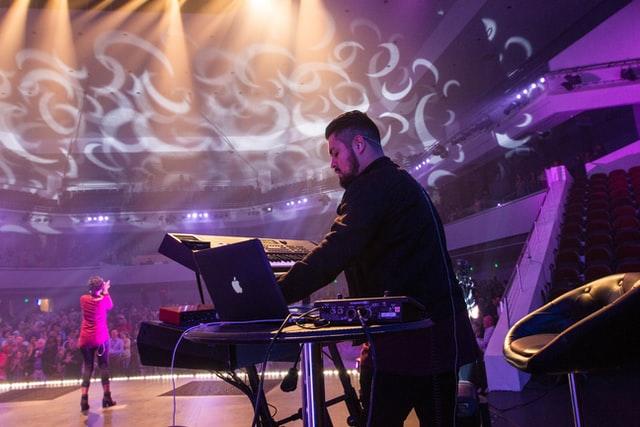
Photo by Denisse Leon on Unsplash
As you are reviewing and comparing the profiles, you can also note down important details such as their hourly rate, teaching methodology and also reviews of their past students regarding their lessons. Also, you can opt for online piano lessons if you prefer more flexibility in learning.
Remember that you get to set the maximum budget for your hourly lessons when you are browsing through the tutors' profiles. Let's say you have set your maximum budget as RM55 per hour at the homepage, the website will then direct you to a filtered piano tutors list that offers their lessons within that price range.
So, there's no need to worry about being overcharged at all!
Once you have confirmed the piano tutor that you want, you can then proceed to book your first lesson with them via their profile through a 25 ringgit Superprof Student Pass subscription.
Discover some of the top higher learning institutions to study piano in Malaysia.
Which Career Pathway Suits You Most If You're Thinking Of Pursuing Piano As A Full-Time Job?
While you're learning the piano now, you might have considered the possibility of working in the music or education industry in the future.
Here are the three most common career pathways that aspiring pianists will normally venture into after their university graduation.
Concert Pianist
If you enjoy the thrill of performing for an audience and the experience of meeting new people through concerts, then you should gear up to master your piano lessons while experimenting with different concert repertoires.
One way to establish yourself as a concert pianist is to actively participate in local and international piano competitions. It is always a good idea to enhance your performing experience and gain exposure by collaborating with various talented pianists around the world. Some piano competitions like the Hamamatsu International Piano Competition even offers winners concert touring opportunities.
Piano educator
If you prefer the process of teaching someone and are also more inclined to work in a relatively stable environment, then you should consider teaching. You can either work in schools or universities or set up your own business.
Though a degree in music is sufficient for you to start teaching, you can consider doing a Master's in Music if you plan to teach older students one day.
Composer
If you are someone who is constantly has a melody in your head and always ready to improvise random chords on your piano, you should certainly be a composer.
Fun fact: Do you know that global Taiwanese superstar Jay Chou used to work as a composer before getting his big break as the King of Mandopop? He still writes most of his songs on his albums today.
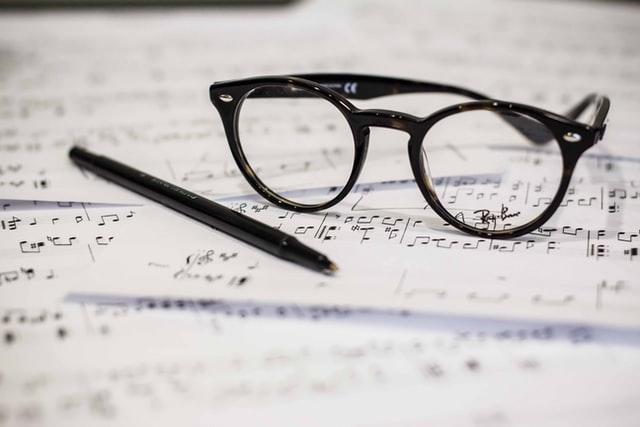
Photo by Dayne Topkin on Unsplash
Money Talks: Can You Earn A Lot As A Piano Teacher in Malaysia?
Now that we have reviewed the potential pianist-related careers, let's talk about the realistic part of any job.
The hard-earned money. Your income.
You can refer to the list below to have an idea of the expected salary of a piano teacher.
Music educator at music schools/international schools
Considered one of the most stable music-related jobs, music educators are often highly sought-after in international schools. According to Indeed.com, an American worldwide employment website for job listings, the average salary of a music educator in Malaysia is RM 2,957 per month.
Do note that the salary can differ according to your years of experience and qualifications.
Private piano tutor
As a private piano tutor, you can opt to charge your lessons by hour or by month. Again, it depends on the city you're teaching at, the age group of your students and also the learning level of the student.
Here's an example of the rate of a piano teacher in Seremban.
| Learning Level | Monthly Rate |
|---|---|
| Total Beginner | RM130 |
| Grade 1 | RM145 |
| Grade 2 | RM160 |
| Grade 3 | RM175 |
| Grade 4 | RM190 |
| Grade 5 | RM210 |
| Grade 6 | RM230 |
| Grade 7 | RM250 |
| Grade 8 | RM270 |
You can read more information on jobs that are connected to piano these days here.
Even as you're taking your piano lessons now, remember that your journey as a pianist is not determined by which music style you play or how much you have studied throughout your lessons.
We hope that you will excel at playing the piano and most importantly, enjoy this experience!
Summarise with AI:


















